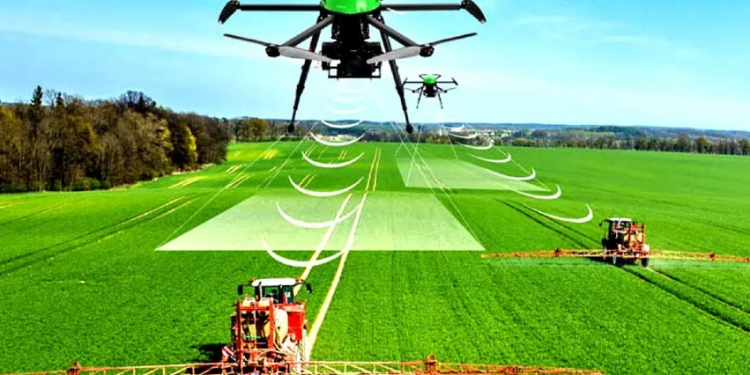Scientific discoveries and technological novelties greatly assist agribusiness, making it faster, more accurate, cost-effective, and efficient. At the disposal of present-day farmers, there are eco-friendly techniques, smart machinery and robots, resilient planting materials, and advanced sensors.
According to an article published on the website Foreign Policy, agriculture has witnessed numerous innovations within the recent decade, mainly regarding smart farming, blockchain technology, farm automation, artificial intelligence, and livestock production. Technology implementations speed up field activities and let agriculturalists focus on more strategic tasks.
Smart solutions allow farmers to exactly understand the crop needs and plan activities correspondingly, which saves costs and reduces environmental pollution with chemicals. Modern analytical tools provide farmers with useful information:
- Values of vegetation indices indicate the crop’s state.
- The field zoning feature shows what areas require the most treatment judging from their productivity.
- Variable fertilizer rates give precise nutrient amounts for each area.
- Weather forecasts help schedule field operations and mitigate crop loss and chemical leakage risks.
- Historical weather enables tracking meteorological trends in the area and more.
Presently, modern agriculture benefits from multiple science-based applications, giving rise to new disciplines. Today, farming merges many sciences like geology, geography, biology, zoology, chemistry, physics, ecology, veterinary practice, engineering, computing, and more.
Science, technology, and agriculture have an interesting correlation. While scientific and technological advancements improve current farming practices, agricultural challenges nurture scientists’ zest for yet more beneficial contributions in the future.







